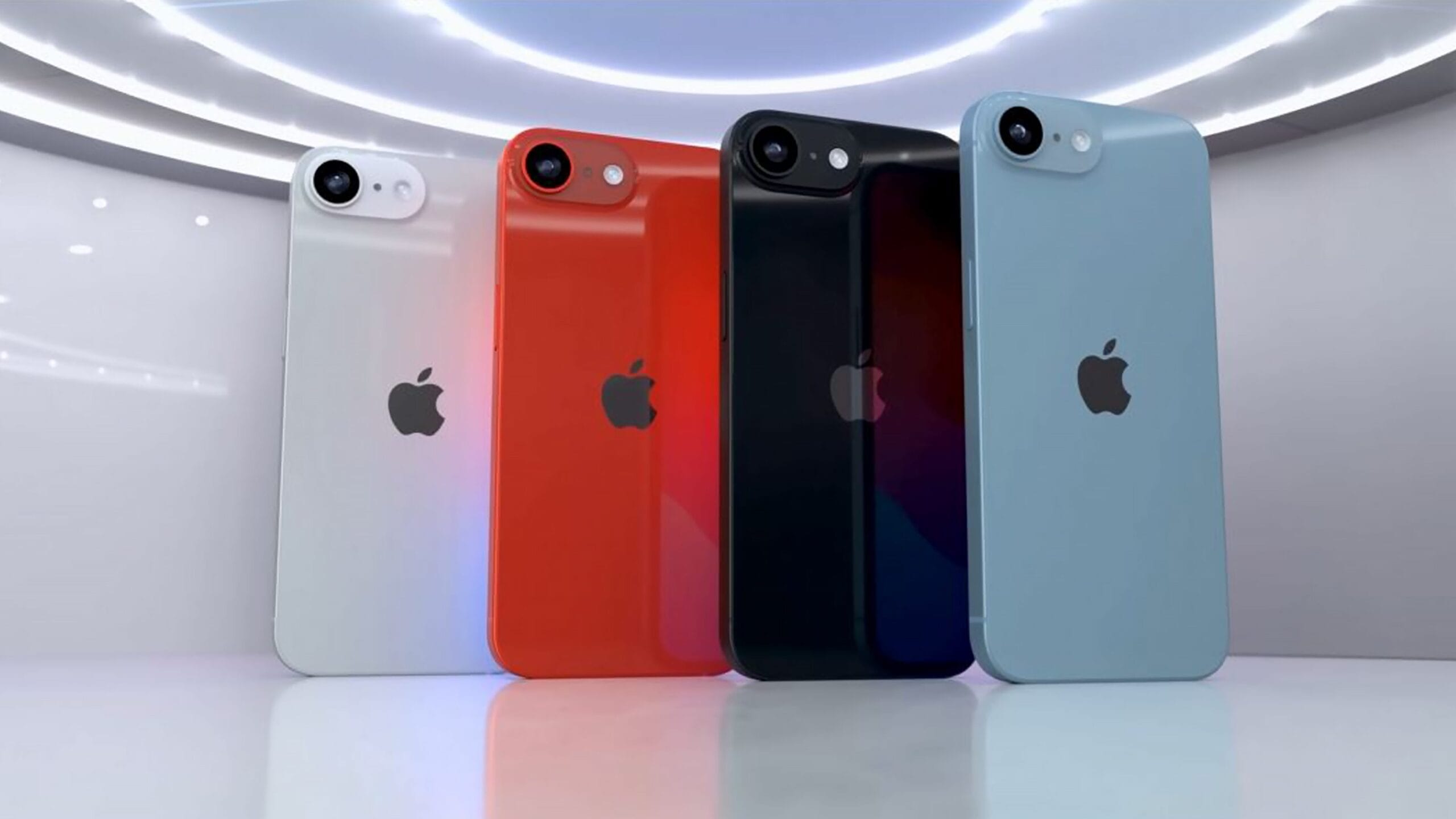In a significant development in the realm of smart home technology, LG Electronics and Samsung Electronics have unveiled plans to integrate Microsoft’s Copilot AI assistant into their latest range of smart televisions. This collaboration marks a pivotal moment in the evolution of home entertainment systems, merging the capabilities of two industry giants with the advanced artificial intelligence technology developed by Microsoft. The integration is expected to enhance the user experience by offering seamless voice recognition, personalized content suggestions, and a more intuitive interface for navigating various entertainment options.
The partnership between LG, Samsung, and Microsoft underscores a growing trend in the technology sector, where companies are increasingly collaborating to harness the power of artificial intelligence. Microsoft’s Copilot, known for its advanced machine learning capabilities, aims to revolutionize how users interact with their televisions. By incorporating this AI assistant, both LG and Samsung seek to provide their customers with an enhanced viewing experience that is not only more engaging but also more efficient.
One of the key features of the Copilot integration is its ability to understand and process natural language commands. This allows users to control their TVs using voice commands, making it easier to search for content, adjust settings, and interact with other smart home devices. For instance, viewers can simply say, “Find me a comedy movie,” and the AI assistant will provide a curated list of available options across various streaming platforms. This functionality is expected to significantly reduce the time and effort required to locate desired content, thereby improving overall satisfaction.
Moreover, the AI assistant is designed to learn from user preferences over time. By analyzing viewing habits, Copilot can offer personalized recommendations that align with individual tastes. This feature not only enhances the user experience but also encourages viewers to explore new content that they may not have discovered otherwise. As the entertainment landscape becomes increasingly fragmented, with numerous streaming services vying for attention, personalized recommendations can serve as a valuable tool for consumers looking to make the most of their viewing time.
In addition to content recommendations, the integration of Copilot is set to improve accessibility features on LG and Samsung TVs. The AI assistant can assist users with disabilities by providing voice guidance for navigating menus and settings. This initiative aligns with broader efforts within the technology industry to create more inclusive products that cater to a diverse audience. By enhancing accessibility, LG and Samsung are not only expanding their customer base but also fulfilling a social responsibility to ensure that everyone can enjoy the benefits of smart technology.
The collaboration between these three companies also highlights the importance of interoperability in the smart home ecosystem. As more consumers adopt smart home devices, the ability for different products to communicate and work together becomes increasingly crucial. With Copilot acting as a centralized AI assistant, users can expect a more cohesive experience when managing their smart home environments. For example, users may be able to control lighting, temperature, and other smart devices through voice commands directed at their TV, simplifying the process of managing a connected home.
This strategic move comes at a time when the demand for smart TVs continues to rise. As consumers increasingly seek out advanced features and capabilities in their home entertainment systems, LG and Samsung are positioning themselves as leaders in the market. By integrating Microsoft’s Copilot, they are not only enhancing their product offerings but also setting a new standard for what consumers can expect from their smart TVs.
Furthermore, the integration of AI technology into home entertainment systems is expected to drive innovation across the industry. As LG and Samsung lead the way, other manufacturers may follow suit, prompting a wave of advancements that could reshape the landscape of smart home technology. This could include further enhancements in voice recognition, machine learning, and the overall user interface, ultimately benefiting consumers by providing them with more sophisticated and user-friendly products.
In conclusion, the integration of Microsoft’s Copilot AI assistant into LG and Samsung smart TVs represents a significant advancement in home entertainment technology. By combining the strengths of three industry leaders, this collaboration promises to deliver a more interactive, personalized, and accessible viewing experience. As the market for smart TVs continues to evolve, consumers can look forward to a future where their entertainment systems are not only smarter but also more attuned to their individual needs and preferences.


